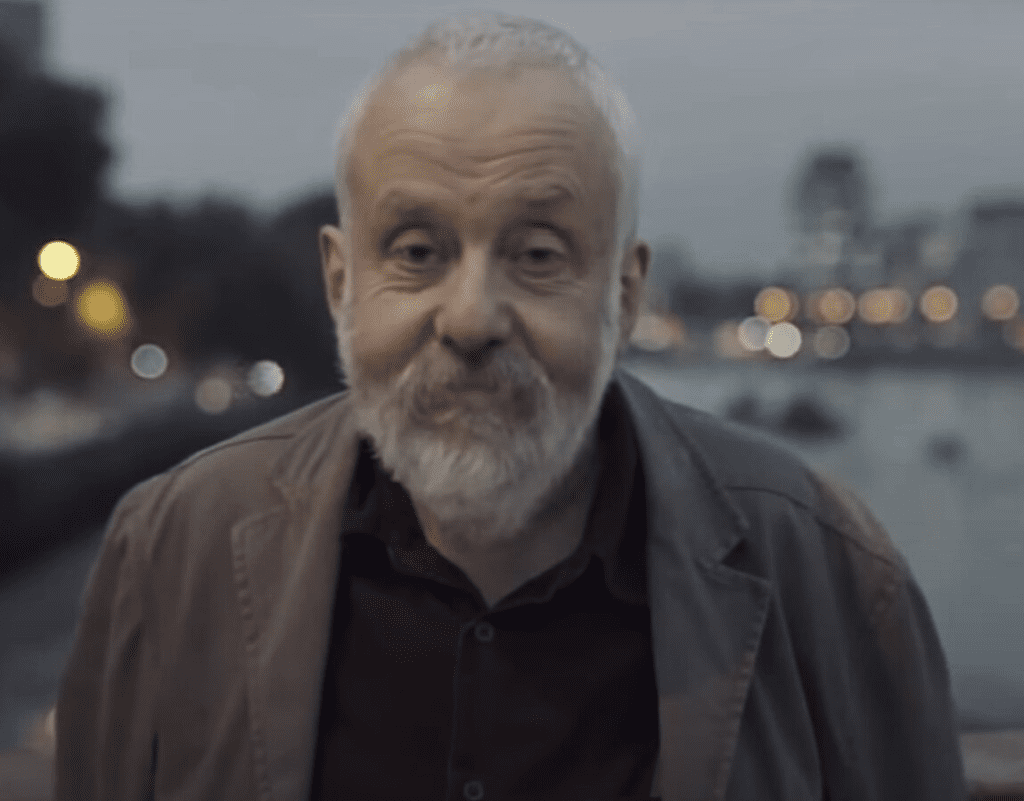In Hard Truths, Mike Leigh walks us through the bleakness of everyday realities where disillusionments and resilience go hand in hand. Marianne Jean-Baptiste shines as a woman facing debilitating end-stage depression in this incredibly sober yet humane drama. There are moments of levity that allow the audience to peek at humor amidst gloom; it never truly drifts from the core battle-for-survival motifs.

Leigh entitled his film Hard Truths, and the starkness of the title follows in the vein of his 1971 debut, Bleak Moments. At the outset of the film, one gets the sense that the story will not yield easy answers for comfortable viewing. Yet it does promise to reveal truths in their raw state – difficult and enlightening truths. But what are these hard truths?
The most immediate truth is that the protagonist, Pansy, is suffering from clinical depression, a condition that needs urgent professional intervention. Yet this truth is never told to her-perhaps it has been in the past, when she resisted it and rejected it. The second, rather sadder truth is that no one can help a person who refuses to accept help.
Hard Truths is an angry chronicle in the life of a Black British family-a few happy moments will briefly relieve the pain but are insufficient to redeem it. Fresh from his epic period pieces, Mr. Turner and Peterloo, Leigh, aided by the cinematographer Dick Pope, reaches back into the present for inspiration. The movie bathes in cold, clear London daylight, its scenes of family tension and quiet courage punctuated by mournful woodwind melodies courtesy of Leigh’s longtime musical collaborator Gary Yershon.
In this scenario, the reunion that is this film-the one between Leigh and Jean-Baptiste-is its most vital element. Jean-Baptiste, who won accolades for her performance in Leigh’s 1996 film Secrets and Lies, is breathtakingly good in this film, in which a depressed-angry interaction is unravelled. Her character, Pansy, is, in fact, the embodiment of the most challenging aspect of this film: deliberate emotional suppression. Catharsis expected by audience members from Leigh is, instead, denied. The inner turmoil of the character is conveyed to them in subtlety and nuance.
Pansy is a middle-aged woman living in an immaculate, affectless suburban home, playing out the terrifying endgame of depression. At the beginning of the film, she wakes up from a nightmare, breathing heavily, then storms through the day yelling at everybody who crosses her path. She wreaks furious anger upon her husband, her son, her doctor, her dentist, and even at strangers who happen to cross her path in a convenience store or a parking lot. Her anger is as palpable as articulate, which makes her tirades hard for the people surrounding her to interrupt or counter somehow. Her obsession with cleanliness and fear of pests, epitomized by her panic at the sight of a fox in the garden, lends almost a layer of dark humor to the tragedy of her condition.
Pansy’s chronic anger has shut down her husband, Curtley, a plumber, whose silence reflects a despair that is equally well repressed. And their son, Moses, is a brooding, early twenties young man who appears clueless about life, his unsettling lack of direction a steady source of exasperation for Pansy.
Leigh gives a hint as to where Pansy’s unhappiness might stem from when she introduces the audience to her sister, Chantelle, played by Michele Austin, who lives a life so different from Pansy’s. Chantelle is a hairdresser, a single mother, warm, and gentle, loved not only by her clients but by her daughters, too-Aleisha, played by Sophia Brown, and Kayla, played by Ani Nelson. The interaction between them is full of humor and love, while in Pansy’s household, tension reigns. Even at their mother’s grave, which finally should explain Pansy’s bitterness, the truth is not to be found.
The general atmosphere in this film, dictated by the pervasive despair of Pansy, gradually develops into a psychological horror whereby the true terror consists of unresolved feelings and lingering pain. Leigh eschews the opportunity for a big climax and instead gives these moments of fleeting relief to the audience. It’s the cold reality that, in real life, there are no clean finishes; there are only bits of joy and pieces of truth one clings to while still diving through life’s messes.
Hard Truths screened at Toronto as a bit of a festival standout, its lack of pulling punches in addressing depression and anger, but also the tiny and sublime beauties of human connectivity, making it memorable. Nothing less than astonishing, Jean-Baptiste anchors a film that asks an audience to face some uncomfortable truths without giving them any easy ways out.








